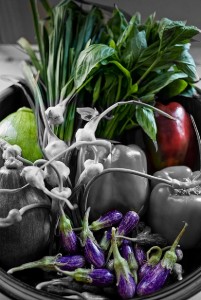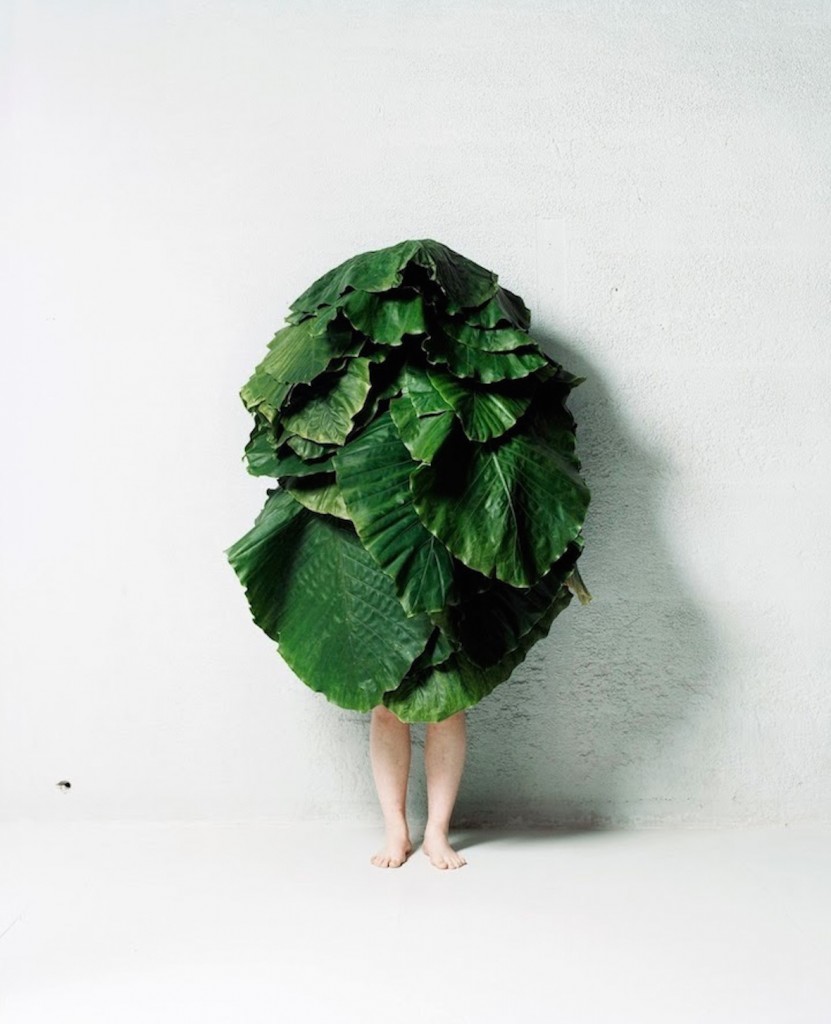It seems that everybody is looking for the new miracle cure to ageing. This search for the “elixir of life” is not a new concept. The high dose antioxidant supplements are yet another attempt to slow the ageing process and prevent the negative outcomes and chronic diseases that accompany it. But are they doing your body more harm than good?
Ever since the idea of reactive oxygen species (ROS) within the body and the harmful effects they cause, ways to counteract and neutralise them have flooded the market. ROS are electron seeking free radicals that break down proteins and cell membranes within the body. This cell and DNA damage is directly linked to the ageing process. Oxidative damage has links to things like skim damage and degeneration, degenerative disorders and some cancers. ROS are produced both by the body and from external stimulants. The most common forms of free radical production are metabolism, inflammation (most commonly from excess body fat), air pollution, smoking, UV light and radiation.
The high dose antioxidant theory is a theory based on using high dose antioxidant supplements, as opposed to dietary dose in food, to scavenge all the free radicals in the body produced from both endogenous and exogenous sources. These supplements are an attempt to avoid or slow the ageing process and the associated chronic diseases. The power of antioxidants has been at the base of the supplement, neutraceutical and anti-ageing industry for the last 30 years. This is not to say that antioxidants themselves are not beneficial in slowing the ageing process, it is just in the supplement form that one must be cautious. The high doses that antioxidants are being marketed and sold to consumers can be more than 1000X more than one person needs.
There is little clinical evidence for efficacy of these supplements and in some cases toxicity is a very real risk. In smokers, beta-carotene supplementation showed an increase in risk of lung cancer. The body has its own pathways in place to cope with antioxidants. We need some levels of ROS in order to activate these pathways and it is possible that the high levels of antioxidants in supplements reduces the activation of these very effective pathways. It is possible that in high doses antioxidants can actually allow ROS levels to increase.

So how do you get these antioxidants in healthy levels? Whole foods are the safest and most balanced way to obtain antioxidants in your diet. The compounds in food are multi-targets for multi factorial diseases. The combination of vitamins, minerals and phytochemicals in the food also allow for better absorption and eliminates the risk of toxicity. A diet rich in a variety of food allows for synergy of constituents as opposed to the isolation in high dose supplements. Being able to substitute a healthy diet for a pill is still a fantasy with no real clinical efficacy or substantiated claims.
Antioxidants are in lots of delicious and easy to access foods. Almost all plant foods (whole grains included) contain an assortment of antioxidants; berries, apples, green leafy vegetables… the list goes on. As a general rule deeper and more varied fruit and vegetables tend to have a higher level of antioxidants.
Although not a quick fix pill, the safest and most effective way to get these anti-ageing antioxidants is through a balanced and healthy diet.







